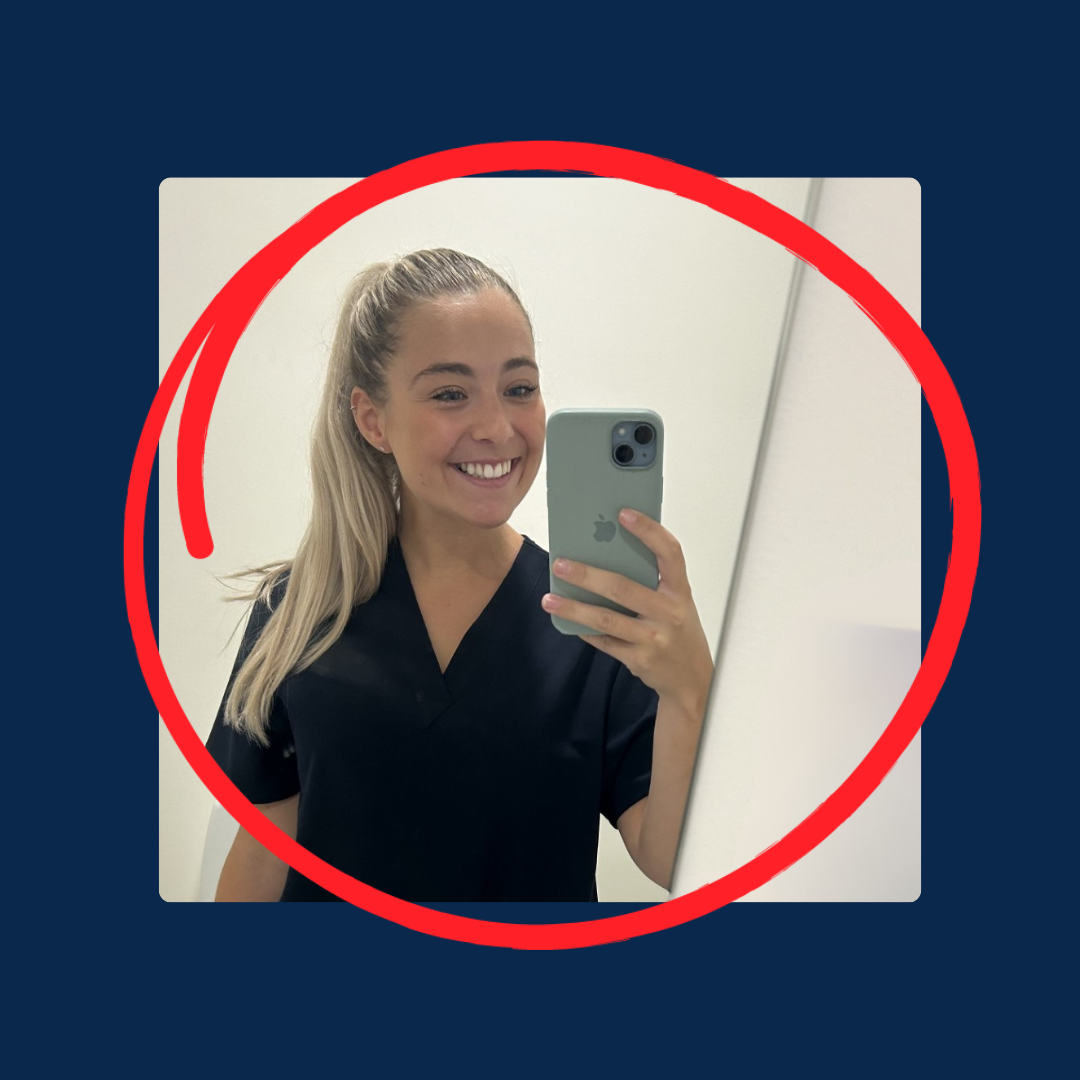End of the Financial year is almost here – tips on what nurses can claim at tax time

Tips on What Nurses Can Claim at Tax Time
Nurses work hard. They deserve the luxury of not having to worry at tax time. That means not spending all their free time figuring out what is a legitimate expense and what costs they must pay for out of pocket. Assistants In Nursing, Enrolled Nurses, Registered Nurses, and Midwives must decide if they wish to hire a tax pro or muddle through on their own. This piece is a comprehensive list of what nurses can claim at tax time to help reduce the amount of time you spend gathering supporting documentation.
Work uniforms and safety equipment
Nurses spend, on average, $40 or more for one set of scrubs. That cost is for a basic top and bottom without much fanfare. Some nurses will spend up to $80 or more on scrubs to enhance their comfort if they will be working long shifts in them. Ideally, most nurses like to have five or six sets of scrubs on hand so they can get through a week’s worth of rotations without needing to do the wash. It is quite easy to rack up $1,000 or more in uniform expenses each year.
This does not include any additional nursing equipment like stethoscopes, face masks, non-slip shoes, and safety glasses. Those things can add up quickly as well.
The good news is, work uniform and other related expenses are tax-deductible when compulsory. That is the key here. A place of employment must require uniforms and safety equipment at your expense for these items to be tax-deductible.
Professional memberships, dues, and fees
Nursing professionals that require professional certification can claim the cost of maintaining their credentials on their annual tax returns. Professional memberships and union dues are also legitimate tax claims.
Any requirements for keeping your nursing licence or maintaining your current employment are tax-deductible. This includes continuing education credits. What does not count as a valid expense claim for reimbursement on your taxes? Educational expenses in preparation for a new occupation or advanced nursing degrees are not eligible unless they are compulsory by a current employer.
Personal car use
This is an important deduction, especially for an agency or travelling nurses who drive much farther for work than their traditional counterparts. All those road miles, fuel, and wear and tear on your personal vehicle are tax-deductible. There are apps that can help you keep track of car-related expenses so that you do not have to think about them at tax time. One of our favourite apps is GOFAR. It is ATO compliant and prepares a downloadable spreadsheet for use with your taxes. Tax accountants love it because it makes their job easier.
Subscriptions and educational materials
Nursing magazines, educational books, and medical journals used to keep nurses abreast of current best practices and medical techniques are deductible. Save all receipts for publications and other educational materials to support any claims for deductions you make on these items.
Home office expenses
Do you sometimes work from home to complete the tasks required of your nursing job? If so, you can claim a percentage of costs associated with your at-home hours. This includes internet and phone lines, dedicated space used for conducting official nursing business, and any equipment needed to do your job. Laptops and desktop computers, scanners, fax machines, and even your mobile phone are eligible for a partial claim on your tax return. Most accounting software walks tax preparers through this. Accountants also know the percentages to use to ensure you get the maximum tax benefits.
Reduce your tax time stress
First Choice Care Nursing Agency does not claim to be tax experts. The information shared here are only suggestions and should not be interpreted as tax advice. Always check with a professional tax accountant if you have questions. Do reach out to us if you are looking for opportunities to advance your nursing career on your terms. We can help you take your aspirations to the next level.
More articles





